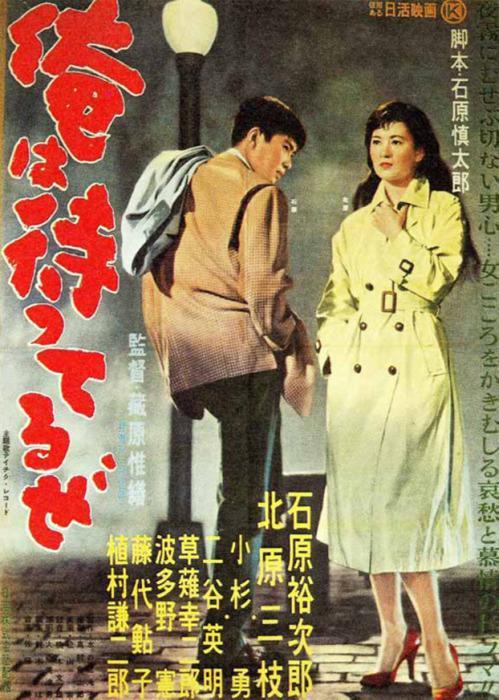A Danish couple, Bjørn and Louise, are bored by the other people at the Italian resort where they’re staying until the Dutch couple, Patrick and Karin, arrive. Bjørn is captivated by Patrick who’s bold and extroverted.
After Bjørn and Louise get back home they receive an invitation from Patrick and Karin. Would they come to rural Netherlands for a weekend? Bjørn’s ready to pack the car, but Louise is a littler wary, they don’t really know these people so we’ll. .
The weekend starts well. Patrick and Karin’s son Abel seems to like Agnes, Bjørn and Louise’s daughter. Abel has some rare disease that means he can’t talk. Abel clearly has some serious problems but it’s nothing to be alarmed by.
In addition to the long walks and swimming, the weekend has its uncomfortable moments. Patrick knows from the vacation that Louise is a vegetarian yet he keeps urging her to eat meat. To be polite she painfully goes along.
Louise is troubled that Agnes is expected to sleep with Abel in his room on the floor. Patrick’s behavior is overbearing and sometimes creepy. When the kids do a little dance they made up for the adults, Patrick goes ballistic when Abel, who’s probably 6, makes mistakes. Though Bjørn and Louise are clearly uncomfortable, they want to be polite guests.
The hosts passive aggressive behavior continues as if they’re testing how much pain their guests will endure. The answer is quite a lot. The tension steadily increases, culminating in a climax that shocked me.
I’ll never forget this exchange at the end of the film.Bjørn asks Patrick, “Why are you doing this to us?” Patrick answers, “Because you let me.”
The chilling thing was that Louise and Bjørn weren’t the only ones who did.

![Wings of Desire.mkv_snapshot_01.28.55_[2011.11.16_22.17.18]](https://mbbsmkmedia.wordpress.com/wp-content/uploads/2020/01/wings-of-desire.mkv_snapshot_01.28.55_2011.11.16_22.17.18.jpg)

